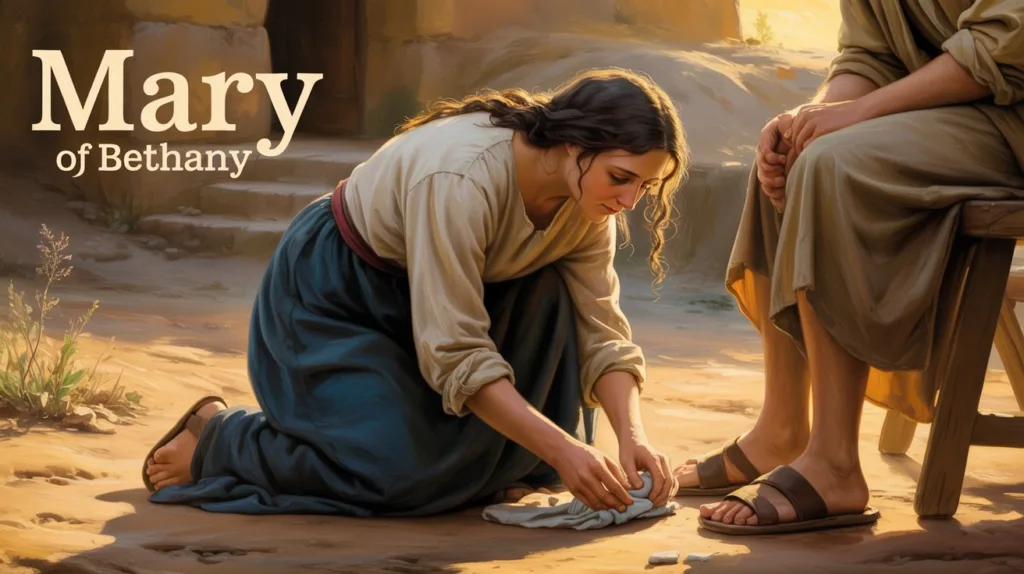Floods in the Bible are primarily symbols of God’s judgment, but they also reveal His mercy, covenant faithfulness, and power over creation. The most prominent flood in Scripture is the global judgment recorded in Genesis 6–9.
In Noah’s day, mankind had become exceedingly wicked, and the earth was filled with violence. God decided to destroy all flesh with a flood, but Noah found grace in the eyes of the Lord (Genesis 6:5–8). Genesis 7:11–12 records the start of the judgment:
“…on that day all the fountains of the great deep were broken up, and the windows of heaven were opened. And the rain was on the earth forty days and forty nights.”
Every living thing not on the ark perished. After the waters subsided, God made a covenant with Noah and all creation, promising never again to destroy the earth with a flood. Genesis 9:13 says:
“I set My rainbow in the cloud, and it shall be for the sign of the covenant between Me and the earth.”
This event establishes both the seriousness of God’s judgment on sin and the reality of His grace and provision for those who walk with Him.
Floods are also used symbolically in Scripture to describe overwhelming circumstances or divine wrath. Psalm 69:2–3 says:
“I sink in deep mire, where there is no standing; I have come into deep waters, where the floods overflow me.”
In the prophetic writings, floods sometimes represent invading armies or overwhelming destruction (Isaiah 8:7–8; Daniel 9:26).
Jesus likened the days before His return to the days of Noah, when people were eating, drinking, and ignoring the warnings until the flood came and took them all away (Matthew 24:37–39).
Floods in the Bible highlight God’s righteous judgment, the need for obedience, and His covenant mercy for the faithful.





 Get the book that teaches you how to evangelize and disarm doctrines from every single major cult group today.
Get the book that teaches you how to evangelize and disarm doctrines from every single major cult group today.